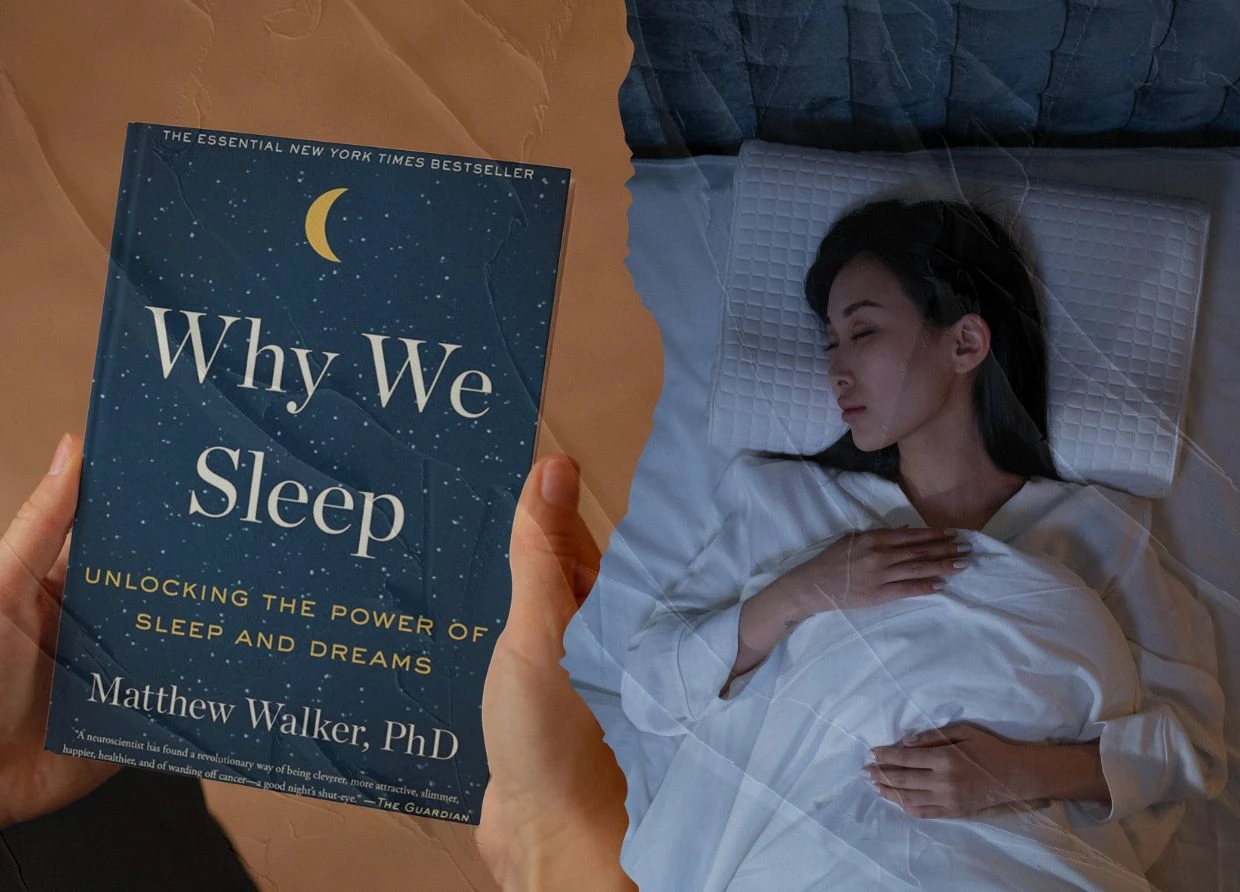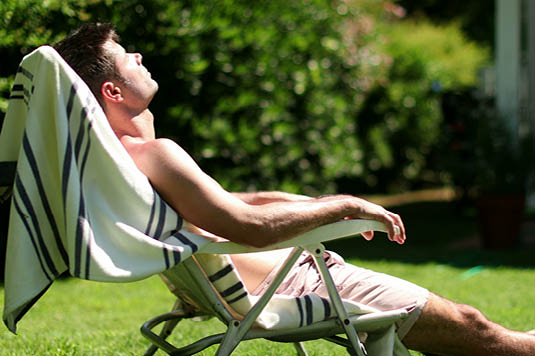12 TIPS FOR BETTER SLEEP FROM "WHY WE SLEEP" BY MATTHEW WALKER: A BOOK REVIEW
To improve sleep quality and lead to better physical and mental health, the book offers 12 practical tips for individuals, as well as examples of companies that prioritize good sleep habits.

Sleep is a fundamental biological process that occurs in almost all animals, including humans. However, compared to other essential processes like eating and reproduction, our understanding of sleep is still limited. In his book, "Why We Sleep," Matthew Walker explores various aspects of sleep, including our body clock, dreams, and the negative effects of sleep deprivation on our health.
Sleep deprivation can increase the risk of car accidents, heart disease, stroke, and diabetes, and weaken our immune system, making us more susceptible to infections, cancer, depression, and other illnesses.
To improve sleep quality and lead to better physical and mental health, the book offers 12 practical tips for individuals, as well as examples of companies that prioritize good sleep habits. These include:
1. Keep a consistent sleep schedule, even on weekends. Try to go to bed and wake up at the same time every day.

2. Exercise earlier in the day, at least 2-3 hours before bedtime. Exercise can help you fall asleep faster and sleep more deeply, but doing it too close to bedtime can be counterproductive.
3. Avoid caffeine and nicotine, especially in the afternoon and evening. These substances are stimulants that can interfere with sleep.
4. Don't consume alcohol before bed, as it can interfere with REM sleep. Although alcohol can make you feel drowsy initially, it can disrupt your sleep later in the night.
5. Avoid heavy meals and excessive fluids before bedtime. Eating a large meal or drinking a lot of fluids before bed can cause discomfort and make it harder to fall asleep.
6. Check with your doctor or pharmacist to avoid medications that can disrupt sleep. Some medications, including antidepressants, beta-blockers, and painkillers, can interfere with sleep.
7. Avoid taking naps after 3 pm. Taking a nap too late in the day can make it harder to fall asleep at night.
8. Make time to unwind and relax before bed. Engage in calming activities like reading, taking a bath, or meditating to help your mind and body wind down.

9. Take a hot bath before bed to help you feel sleepy. The drop in body temperature that occurs after a warm bath can make you feel drowsy and ready for bed.
10. Create a dark, cool, and gadget-free sleeping environment. Make sure your bedroom is conducive to sleep by keeping it dark, cool, and quiet. Avoid using electronic devices before bed, as the blue light they emit can interfere with sleep.
11. Get outside and expose yourself to natural sunlight during the day. Exposure to sunlight helps regulate your body's circadian rhythm and can improve sleep quality.

12. If you can't fall asleep after 20 minutes, get out of bed and do something else until you feel sleepy. Lying in bed awake can create anxiety and make it harder to fall asleep. Instead, get up and do a relaxing activity until you feel sleepy again.



























